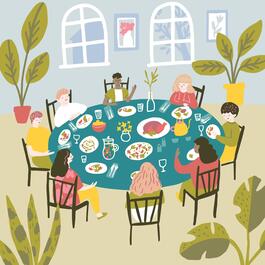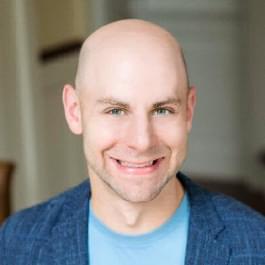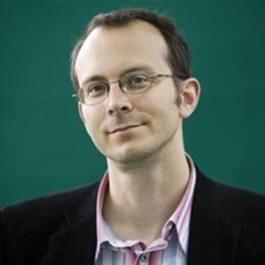
Hidden Brain
Why do I feel stuck? How can I become more creative? What can I do to improve my relationships? If you’ve ever asked yourself these questions, you’re not alone. On Hidden Brain, we help you understand your own mind — and the minds of the people around you. (We're routinely rated the #1 science podcast in the United States.) Hosted by veteran science journalist Shankar Vedantam.
Show episodes
If you’re a parent or a teacher, you’ve probably wondered how to balance play and safety for the kids in your care. You don’t want to put children in danger, but you also don’t want to rob them of the joy of exploration. This week, we revisit a favorite conversation with psychologist Peter Gray. We'll talk about why in
There’s a tradition around many Thanksgiving dinner tables that’s as consistent as pumpkin pie: the family stories that get told year after year. Sometimes these stories are funny; sometimes they make us roll our eyes. No matter how we feel about them, we rarely pause to consider how these stories shape who we are and
Entrepreneurs typically have no shortage of passion, heart, and vision. But at Stanford University, Huggy Rao says there are other elements that may matter more when it comes to whether their projects succeed or fail. This week, we'll examine how this problem shapes not just individual lives, but organizations and busi
We've known intuitively for centuries that spending time in nature can give us a boost. But it’s only recently that scientists have begun to identify exactly what it is about the outdoors that has such a powerful effect on our mood and our minds. This week, psychologist Marc Berman explores how spending time in nature
It can be frustrating when people do things we don't want them to do. A friend cancels plans at the last minute. A child refuses to get dressed for school. Before long, our resentment builds, and we're tempted to issue more rules, reminders, and consequences. But the techniques we use to get people to alter their behav
For many of us, navigating the conclusion of a relationship is one of the hardest things we'll ever do. This week, we conclude our Love 2.0 series with psychologist Antonio Pascual-Leone, who shares the most common mistakes we make when it comes to splitting up, and techniques that can help us ease the pain. Then, our






